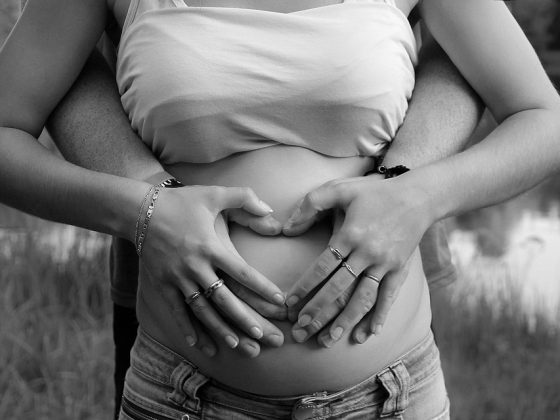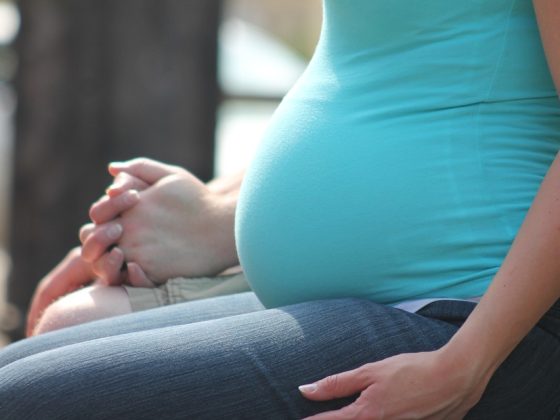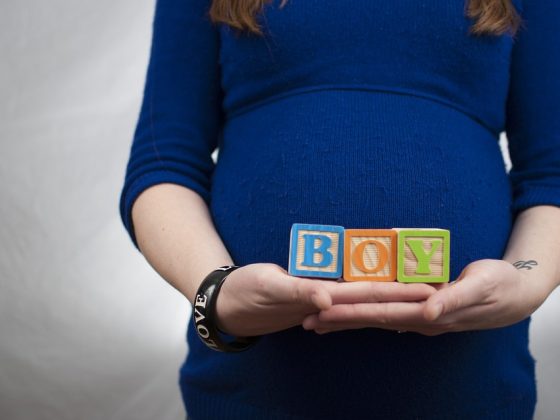end of the article.
Pregnancy is a beautiful and exciting time in a woman's life, but it can also be a time of increased vulnerability and risk. It's important for expectant mothers to take extra precautions to ensure their own health and the health of their unborn baby. By following some simple guidelines, you can help to keep yourself and your baby safe throughout your pregnancy.
One of the most important things you can do to protect yourself and your baby during pregnancy is to attend all of your prenatal appointments. Regular check-ups with your healthcare provider are essential for monitoring your health and the health of your baby. Your doctor will be able to track your baby's growth and development, as well as identify any potential problems early on. They can also provide important advice and guidance on how to stay healthy during pregnancy.
It's also important to eat a healthy, well-balanced diet during pregnancy. Your body needs extra nutrients during this time to support the growth and development of your baby. Make sure to include plenty of fruits, vegetables, whole grains, and lean proteins in your diet. Avoid processed foods, sugary snacks, and excessive caffeine. It's also important to stay hydrated by drinking plenty of water throughout the day.
Another important precaution to take during pregnancy is to avoid harmful substances. This includes alcohol, tobacco, and illicit drugs. These substances can have serious negative effects on your baby's development and can increase the risk of complications during pregnancy. It's also important to talk to your doctor about any medications you are taking, as some medications can be harmful to the baby. Your doctor can help you find safer alternatives if necessary.
Staying active during pregnancy is another important precaution to take. Regular exercise can help to improve your mood, decrease stress, and prevent excess weight gain. It can also help to reduce the risk of developing conditions such as gestational diabetes and preeclampsia. Talk to your doctor about safe exercises for pregnancy, such as walking, swimming, and prenatal yoga.
In addition to taking care of your physical health, it's also important to take care of your mental health during pregnancy. Pregnancy can be a stressful time, and it's important to take time to relax and practice self-care. Make sure to get plenty of rest, practice relaxation techniques such as deep breathing or meditation, and reach out for support if you are feeling overwhelmed. It's okay to ask for help when you need it.
As your pregnancy progresses, it's important to be aware of the warning signs of complications. If you experience symptoms such as severe abdominal pain, vaginal bleeding, fever, or decreased fetal movement, it's important to call your doctor right away. These can be signs of serious conditions such as placental abruption, preterm labor, or infection. Early intervention can help to prevent complications and protect both you and your baby.
FAQs:
Q: Can I drink coffee during pregnancy?
A: It's generally safe to consume moderate amounts of caffeine during pregnancy, but it's important to limit your intake to 200mg per day. This is roughly equivalent to one 12-ounce cup of coffee. Excessive caffeine intake can increase the risk of miscarriage and low birth weight.
Q: Is it safe to travel during pregnancy?
A: It's generally safe to travel during pregnancy, but it's important to take precautions. Avoid long car rides or flights in the third trimester, as this can increase the risk of blood clots. Stay hydrated, take breaks to stretch your legs, and wear a seatbelt at all times.
Q: Can I dye my hair during pregnancy?
A: While there is limited research on the safety of hair dye during pregnancy, some experts recommend waiting until after the first trimester to dye your hair. This is when the baby's organs are forming and may be more sensitive to chemicals. Consider using natural dye alternatives or consulting with your doctor before dyeing your hair.
In conclusion, taking precautions during pregnancy is essential for protecting yourself and your baby. By attending prenatal appointments, eating a healthy diet, avoiding harmful substances, staying active, and prioritizing your mental health, you can help to ensure a safe and healthy pregnancy. If you have any concerns or questions, don't hesitate to talk to your healthcare provider. They can provide guidance and support throughout your pregnancy journey.











